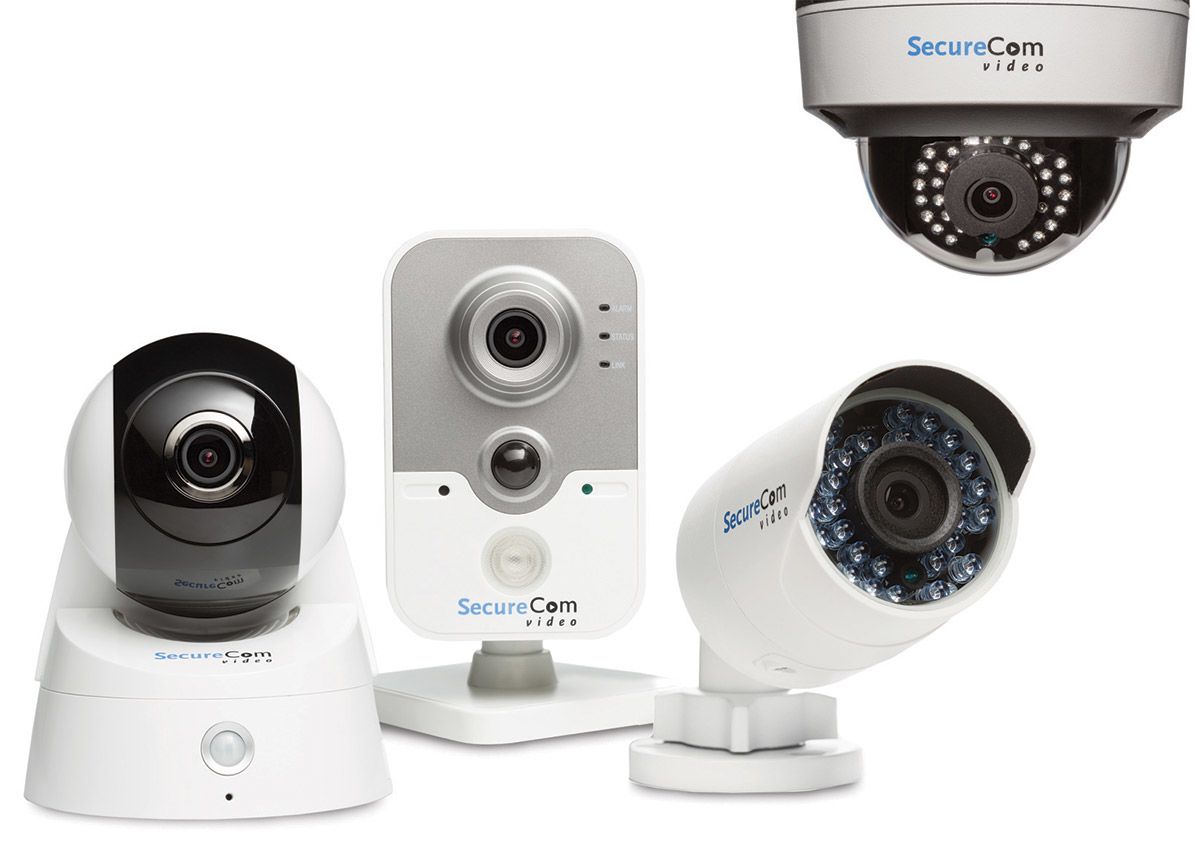How Many Cameras Does My Home Need?

When setting up a home security system, one common question many people ask themselves is “how many security cameras does my home really need?” While there’s no “one-size-fits-all” answer to that question, there are some general rules you can follow to figure out the number of cameras your home requires.
Maximize the space your cameras cover
Your goal is to maximize the amount of space monitored while minimizing the number of cameras required. There’s no reason to buy more cameras than you need, after all. Consider the layout of your home: is it an open concept floor plan that flows from room to room with few walls, or is each room divided from the others? Open layouts mean that one camera can potentially cover several rooms,while lots of walls and doors may mean that you need more cameras than you might think.
Cover the basics first (monitor your entry points)
However, you don’t have to place a camera in every room of your home. Your risk areas are any rooms that provide a possible entry point. Your front and back doors, as well as any ground-level windows, are the most likely points of entry for intruders. You should place cameras in these rooms. You may also choose to place cameras in rooms that have particularly valuable items in them, such as a den with lots of electronics. Meanwhile, an upstairs bathroom with no windows probably does not need a camera– any intruder who enters that room will be caught by another camera. Many homeowners also feel uncomfortable with cameras placed in their bedrooms, as they feel that this invades their privacy.A good rule of thumb is to place cameras so that there’s no way an intruder can move through your home without being caught by at least one.
Have a professional access your home for proper camera placement
If you’re uncertain as to which areas of your home would be best protected by a camera, you can work with a security professional to assess your needs. This person will walk through your home and take notice of any potential problem areas. They may notice things that you miss during your own assessment. They’re also trained to use specific methods to protect homes that might be especially at risk– this expertise is valuable, as it’s something that the average homeowner does not have. A professional can help keep you from under or over securing your home by helping you to decide exactly how many cameras (and other security features) you need.
